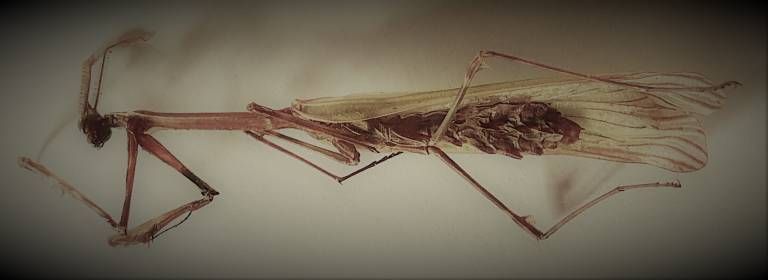
The Problems of Guilt Conference took place from Friday 2 to Sunday 4 December 2022. This is the last of UCL’s December Psychoanalysis Conferences that will be online only.
Event Information
Organiser
-
Psychoanalysis Unit
Full Programme
Time Zone Conversion Tool
This year, the UCL Psychoanalysis Conference took place online.
The Conference aim is to advance our understanding of guilt, and the difficulty of bearing it: guilt underpins many of the self-inflicted difficulties that affect individual lives.
The papers, panels, plenaries, and discussions present what is learned from psychoanalytic work in the clinical situation.
The Friday evening clinical workshops are part of this foundation; we recommend you register for one if you can.
Guilt is a causal factor in the calamities that humanity inflicts upon the world as well. However, when understood and mitigated, guilt can power efforts in the service of repair and reparation. How and where these factors operate will be addressed also.
We intend next year’s Conference will be in-person. Its title is Words are Deeds.
David Taylor’s Accompanying Notes
Main papers and keynote speakers
‘Guilts’, ‘Innocences’, and Responsibility Nicola Abel-Hirsch (British Psychoanalytical Society, UK)
Guilt and its Disavowal Eileen McGinley (British Psychoanalytical Society, UK)
Bearing Guilt: A clinical exploration Fakhry Davids (British Psychoanalytical Society, UK)
Abstracts of the Main Sessions
Parallel Paper Panels
Session One
Panel 1: Crime & Punishment
Donald Campbell (British Psychoanalytical Society, UK) and Oliver Ready (University of Oxford, UK)
Chair: Katya Golynkina (British Psychoanalytical Society, UK)
Panel 2: Childhood Guilt
Christine English (British Psychoanalytical Society, UK) and Liana Giorgi (Vienna Psychoanalytic Society, Austria)
Chair: Margaret Rustin (British Psychoanalytical Society, UK)
Session Two
Panel 3: The Paranoid defence against guilt
John Steiner (British Psychoanalytical Society, UK), Catalina Bronstein (British Psychoanalytical Society, UK), and Kate Pugh (British Psychoanalytical Society, and Central and North West London NHS Trust, UK)
Chair: David Taylor (British Psychoanalytical Society, Tavistock and Portman NHS Foundation Trust and University College London, UK)
Panel 4: Figurations of retribution: the phantasies of incest, matricide, patricide….
Serena Heller (British Psychoanalytic Council and British Psychotherapy Foundation, UK) and Luis Rodriguez de la Sierra (British Psychoanalytical Society, UK)
Chair: David Bell (British Psychoanalytical Society, UK)
Parallel Paper Abstracts – Session One
Parallel Paper Abstracts – Session Two
The Clinical Seminars
On Friday afternoon and evening you are warmly invited to take advantage of the opportunity to participate in clinical seminars led by eminent analysts from the British Psychoanalytic Society. The main conference will take place online, but a few of the clinical seminar groups are offered in-person at Senate House in London.
The Clinical Seminars Leaders include Nicola Abel-Hirsch, David Bell, Irma Brenman-Pick, Donald Campbell, Fakhry Davids, Peter Fonagy (in-person), Gigliola Fornari Spoto, Mary Hepworth (formerly Mary Target), Francesca Hume (in-person), Daniel Pick, Margaret Rustin, Vik Sedlak, David Taylor, and David Tuckett (in-person).
Recordings
Recordings of the conference sessions can be provided to registered participants on request. To safeguard confidentiality, this will be for a limited time, and requiring the presenters permission.

 Close
Close

